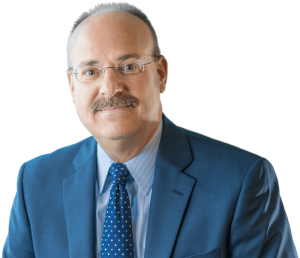Publication Source: New York Law Journal

Recent cases in Long Island's state and federal courts have been instructive in clarifying the circumstances under which an expert witness may be disqualified from working for a party in litigation based on a conflict of interest.
New York state and federal courts both find their authority to disqualify an expert witness in the so-called 'inherent power of the court' derived from the judicial duty to protect the fairness and integrity of the legal process. While the standards for disqualifying an expert are not identical in the state and federal courts, some recent Long Island decisions show that there is little meaningful difference in the courts' analysis.
In Grioli v. Delta International Machinery Corp., 2005 WL 2838130 (E.D.N.Y., 2005), decided on Oct. 29, Eastern District Judge Arthur R. Spatt was faced with a unique situation where the expert was also a licensed attorney. In Grioli, a carpenter and his wife brought a products liability action against a bench saw manufacturer, alleging the saw was defective in failing to disengage without a safety guard in place, causing three fingers of the plaintiff's left hand to be severed.
Plaintiffs found the perfect expert for their claims — a licensed engineer who also happened to be an inventor who actually devised his own 'patented interlocked blade guard system.' The expert intended to offer his own design 'as evidence of a feasible and safer alternative design' and to opine that 'an in-place guard would have prevented' plaintiff's injury.
The problem for plaintiffs, however, was that their expert also happened to be the defendant's attorney in more than 100 products liability lawsuits involving table saws and other power tools from 1976 to 1992. In fact, he was lead counsel for defendant in approximately 12 to 15 cases that went to trial, conducting lay and expert witness depositions, preparations and trial examinations as well as participating in meetings with defendant's principals, in-house counsel, engineers and risk managers.
-----
Kevin Schlosser is a Shareholder and Chair of the Litigation and Alternative Dispute Resolution Department at Meyer, Suozzi, English & Klein, P.C. He handles complex commercial litigation, is on the Roster of the AAA National Panel of Commercial Arbitrators, serves as outside general corporate counsel, and is author of the New York Fraud Claims Blog, www.nyfraudclaims.com.
Reprinted with permission by the New York Law Journal.
990 Stewart Avenue, Suite 300,
Garden City, NY 11530
750 Ninth Street, Suite 501
Washington, D.C. 20001
Phone(202) 887-6726Fax:(202) 223-0358


